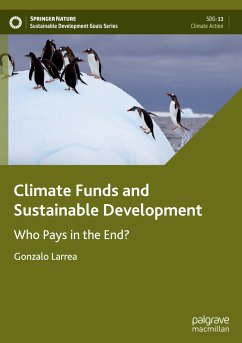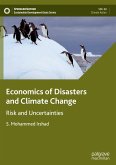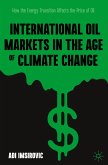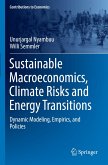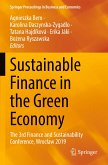While significant attention has been devoted to achieving Sustainable Development Goal 13 (SDG 13) and scaling up climate finance for developing countries, the adverse impacts of funded projects on local communities remains inadequately explored by both academics and policymakers. Mobilizing climate finance on an unprecedented scale is undeniably vital for the success of developing countries' climate policies. However, these initiatives often give rise to adverse consequences for individuals in these countries, leading to displacements, exacerbating food insecurity, or even triggering conflicts over resources.
This book examines the extent to which the climate funds established for achieving SDG 13 are adequate for addressing climate change impacts in developing countries. Yet, its analysis transcends the mere evaluation of the sufficiency or efficacy of these efforts found in much of the existing literature. Beyond the scope of quantifiable success, the book delves into the root causes of the adverse impacts that these funds can have on local communities and offers tailored recommendations to realize the noble aspirations of SDG 13, all without implying that the individuals who should benefit from climate finance are the ones who pay in the end.
This book examines the extent to which the climate funds established for achieving SDG 13 are adequate for addressing climate change impacts in developing countries. Yet, its analysis transcends the mere evaluation of the sufficiency or efficacy of these efforts found in much of the existing literature. Beyond the scope of quantifiable success, the book delves into the root causes of the adverse impacts that these funds can have on local communities and offers tailored recommendations to realize the noble aspirations of SDG 13, all without implying that the individuals who should benefit from climate finance are the ones who pay in the end.

